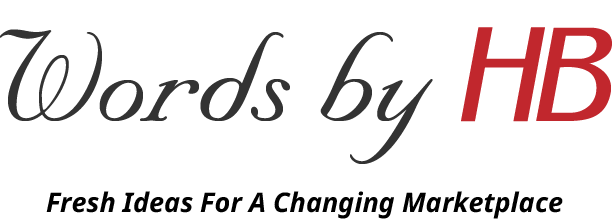
Millions of books are published each year to entertain and educate; provide connection and stimulate thought and conversation. Some are banned or challenged because some members of the public are uncomfortable with the perspective that unfolds within the book’s pages.
I’ve read a number of books that have been banned, ranging from some favorites: E.B. White’s Charlotte’s Web (parents objected to the idea of talking animals) to Alice Walker’s The Color Purple (troubling ideas about race relations; sexuality and religion) and Lawrence Hill’s The Book of Negroes. I’ve also read The Librarian of Basra by Jeanette Winter; Monday’s Not Coming by Tiffany D. Jackson; Monster by Walter Dean Myers and The Hate U Give by Angie Thomas.
I didn’t know the books were banned at the time. I read them because the stories intrigued me. I read for enlightenment and entertainment. I am excited to read about a character’s experience that is so different from mine in an era or a place that I might never visit.
I remember reading Timothy Findley’s The Wars; J.D. Salinger’s The Catcher in The Rye and Aldous Huxley’s Brave New World in school.
I think it was in Grade 11, a student declined to read Margaret Atwood’s Surfacing and conducted an independent library study with another novel. I never asked her but I always thought her parents had decided they didn’t want her to read Surfacing or perhaps she had decided she didn’t feel comfortable reading it.
Some of the books, I’ll remember forever. Others were quickly forgotten. If a book’s premise doesn’t capture my imagination or the characters leave me cold, I close the book and move on. But the books that have resonated with me, left their imprint and shaped how I viewed the world, the people in it and at times, my place in the world.
Consider checking out banned or challenged books from your local library and try to figure out why people are so upset about specific books. Ask yourself if the book upsets you. What is it about the book that upset you? Why? Even if something about the book is upsetting does that mean that other readers shouldn’t have access to it? Why?
A list of banned books in Canada.
The American Library Association’s list of the top 100 frequently challenged books from 2019.
When people are threatened by new or different ideas they lash out instead of attempting to understand. But when ideas and stories are shared, we become better for it.

